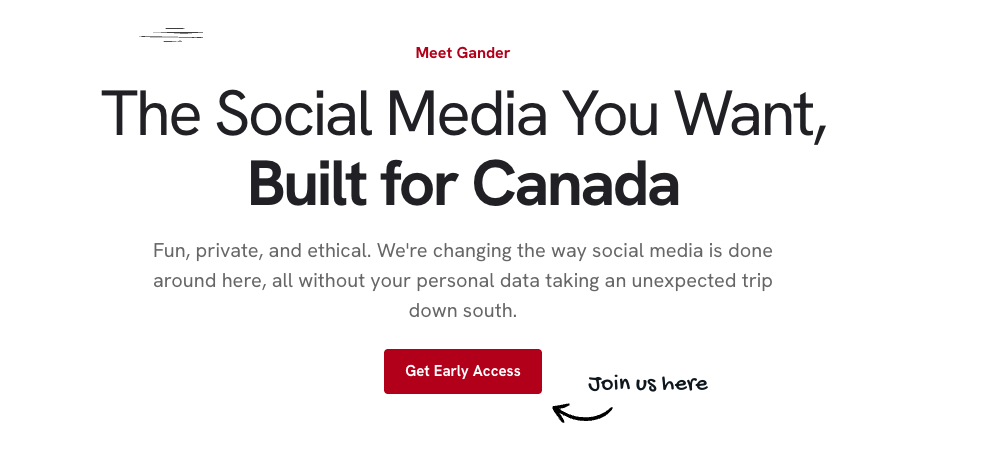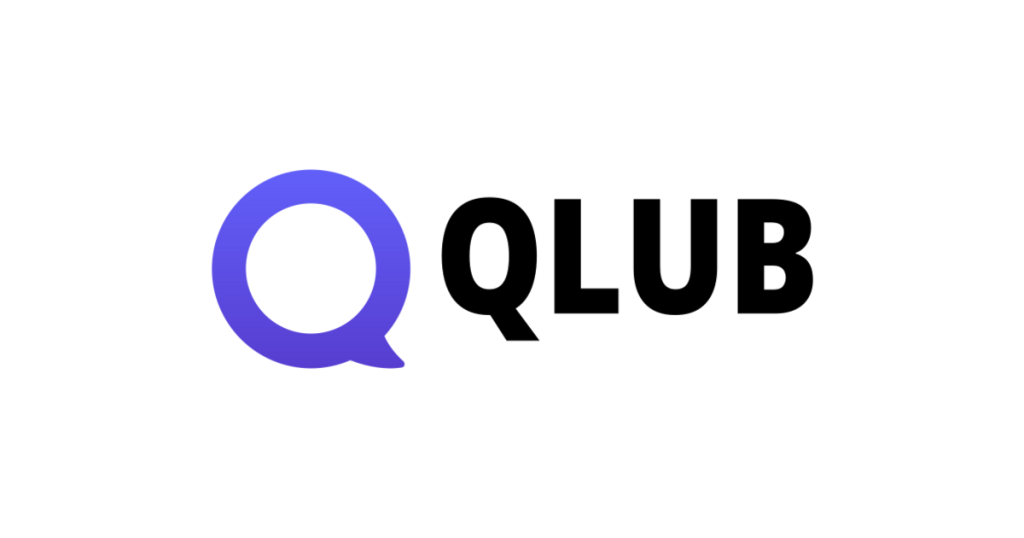New Canadian Social Media Platforms Aim to Challenge Big Tech: Gander Social & QCLUB

As global social media giants face more criticism over content moderation, user privacy, and algorithm-driven feeds, Canadian startups are stepping in with homegrown alternatives. These new platforms offer a different approach, focusing on community, local culture, and giving users more control. Two of the most talked-about are Gander Social and QLUB.
Gander Social: A Canadian Network by Canadians
Set to launch this October, Gander Social is a new app created by five Canadian tech entrepreneurs led by Ben Waldman. The goal is to provide Canadians with a space to share stories, videos, and posts without the divisive content, disinformation, and trolling common on big U.S.-based platforms like Meta and X (formerly Twitter).
Gander wants to bring the social back to social media. Rather than relying on algorithms to decide what users see, Gander gives people control over their own feeds. Users can pick the type of content they want to see, whether that means text-heavy posts like Twitter or video content like TikTok.

Waldman highlights building community through small groups or “pods” where friends and colleagues can connect. This creates a more intimate, familiar space online. To keep things real, Gander will verify users to prevent bots and will follow rules based on the Canadian Charter of Rights and Freedoms. The platform will also have tools to flag disinformation and label explicit content.
The aim is to encourage genuine conversations and reduce the kind of divisiveness seen on other social media. For Canadians who want a platform that feels made for their culture and values, Gander offers a fresh start with content controlled by users and a focus on respectful interaction.
QLUB: A Quebec-Focused Social Space Without Algorithms
In Quebec, QLUB is taking a different approach. Built on Mastodon technology by three local entrepreneurs, QLUB was created out of frustration with American platforms and their hidden algorithms. It offers Quebecois a place to connect in French without content being filtered or prioritized by algorithms.

QLUB’s feed shows posts in chronological order, much like early Twitter. This gives users full control over who they follow and what they see. The platform focuses on local community rather than global reach. Unlike platforms that try to attract as many users as possible, QLUB is designed specifically for Quebec’s francophone audience, encouraging conversations within a familiar cultural setting.
Right now, QLUB is invite-only but supports posting text, images, videos, and polls. It has a simple, user-friendly design that avoids the complexity often linked to decentralized platforms. The founders want everyone to find the platform easy to use without being overwhelmed by too many features.
Plans are in place to gradually open up access and release mobile apps soon. QLUB aims to be a real alternative to big social networks, built on local identity and free from algorithm-driven feeds.
The Promise and Limits of Closed Social Media Ecosystems
Gander and QLUB are part of a growing trend of regional social media platforms. They respond to frustrations many users have with dominant global players by focusing on user control, community, and local culture. These “closed” or regional networks have both advantages and disadvantages.
On the plus side, they create safer, more respectful spaces where users can engage with content that fits their culture and language. Narrowing the audience can reduce the noise of global misinformation and political polarization. Without algorithmic feeds, users get more freedom to choose what they see, avoiding commercial pressures and clickbait.
But there are drawbacks too. Closed networks can limit exposure to different perspectives and global conversations. When users mainly interact within small, local communities, they might miss out on broader views and debates that shape wider social understanding. This can create echo chambers even if that is not the intention.
These platforms also face challenges growing while keeping the close-knit community feel. They must compete with established social networks that have vast resources and large user bases.
A Canadian Social Media Future?
As Gander and QLUB prepare to welcome users, Canadians have new options that reflect local values and give them more control over their social media experience. Whether these platforms grow beyond niche communities and influence the wider social media landscape is still uncertain.
What is clear is that many users want alternatives to dominant U.S.-based platforms. For those tired of endless algorithms, divisive content, and privacy concerns, Canadian startups are offering new models focused on community, respect, and user choice.

